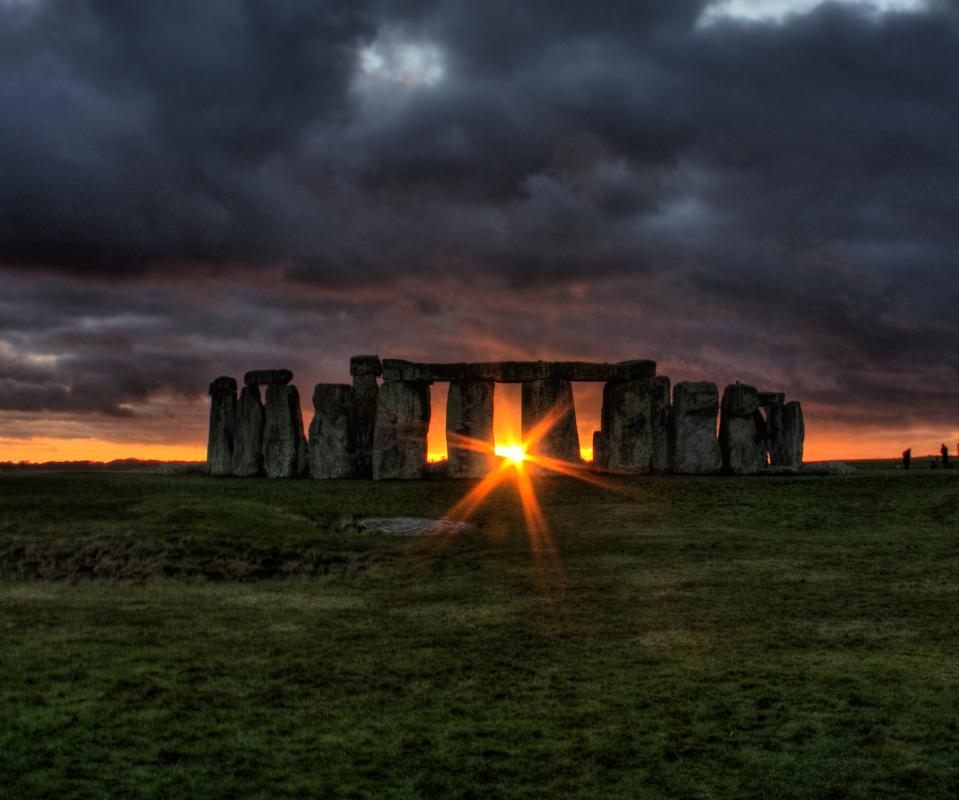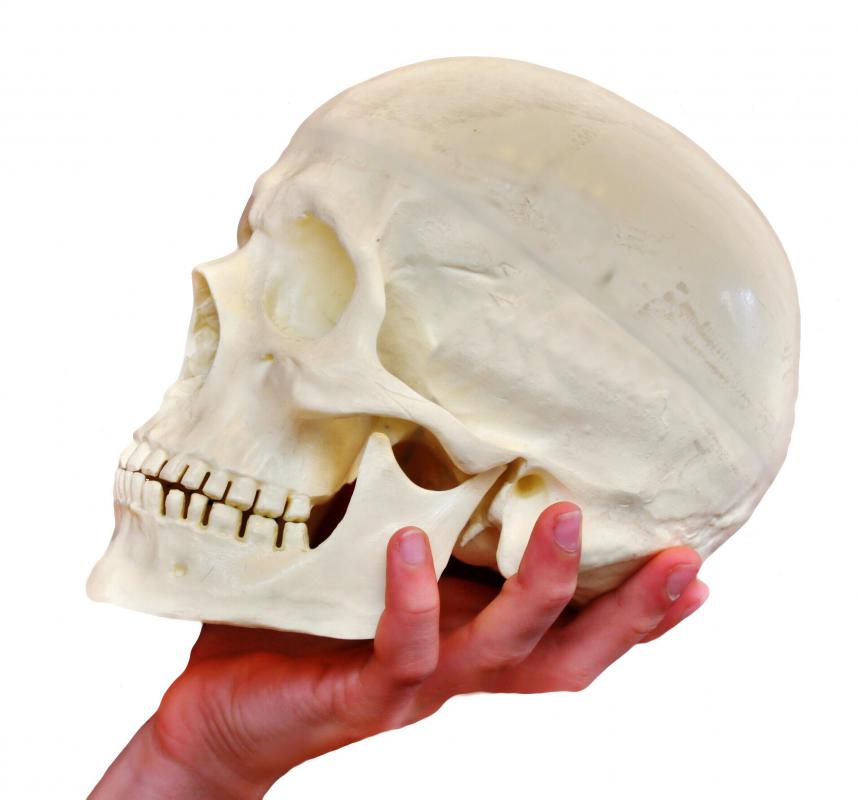At PracticalAdultInsights, we're committed to delivering accurate, trustworthy information. Our expert-authored content is rigorously fact-checked and sourced from credible authorities. Discover how we uphold the highest standards in providing you with reliable knowledge.
What Are the Different Types of Archaeology Courses?
Archaeology courses are designed to help students learn about history and gain the skills needed to start a career as an archaeologist. Since the field of archaeology can include nearly any element of past culture and history, there are often many different types of archaeology courses available at universities. Some of the most common types of archaeology courses include history, anthropology, field method, and scientific classes.
Since archaeology is the study of human history, many archaeology classes will focus on known historical facts. The focus of these classes might be broad or specific, depending on the level of difficulty and the aims of the class. A broad historical course might involve large topics such as the rise of civilization in the Mediterranean, while a more specific course might focus on the history of the university's local area. If these courses are available through an archaeology degree program, they may place a special emphasis on the archaeological discoveries that have lead to the present understanding of history, as well as focusing on the history itself.

Anthropology is the study of the physical and cultural development of humans, and is crucially important to archaeological pursuits. Archaeology courses in anthropology often focus on the culture of ancient civilizations, such as their marriage, birth, and death rituals. By studying anthropology, an archaeologist will gain the knowledge that helps contextualize the discovery of artifacts; for example, an archaeologist who excavates a pottery urn can use his or her knowledge of anthropology to determine the use and importance of the artifact. Archaeology courses that focus on anthropology might include the culture of a specific society during a particular era in history, such the funeral rituals in Britain during the medieval period.

Since the discoveries of archaeology are made through field research, many archaeology courses focus on learning proper field methods. In these classes, students may learn how to properly excavate, label, and categorize discoveries efficiently and with an emphasis on preservation. Field method classes can involve some actual field work at the site of archaeological digs and excavation sites. Some courses may also focus on the preservation of ancient materials, such as the proper care and handling of historical documents and ancient texts.

The principles of science can be quite important to archaeology, leading many students to take classes that cover the basics of the scientific method of experimentation. Scientific classes can teach students how to properly form a hypothesis, gather data, and run experiments to reach a likely conclusion. These courses may also focus on the scientific procedures important to archaeology, such as the carbon dating of artifacts or forensic tests used on ancient skeletons. Like anthropology classes, archaeology courses in science can help the archaeologist place discoveries in context, so that they can be used to expand human knowledge about ancient cultures.
AS FEATURED ON:
AS FEATURED ON:













Discussion Comments
There is nothing like learning about archaeology from an instructor who has a passion for the field, and has actually been on archaeology digs. I was lucky enough to have a professor like this when I was in college, and I really enjoyed learning from him.
If you are a student who needs to take an archaeology course, check out the professors' credentials and ask other students which archaeology instructor they recommend. You should choose the one that has hands-on experience for an interesting class experience.
You don't need to be a college student to take a course in archaeology. This is an interesting subject for anyone who enjoys learning about the past and looking at artifacts.
Many colleges and universities offer courses like archaeology for people who aren't students but simply want to learn more about a subject. These courses are usually quite affordable, and may even be offered free to senior citizens.
Post your comments